The Ghost Club was officially founded in London in 1862, but its roots go back to 1855 in Cambridge, when a few students at Trinity College gathered together to discuss ghosts and psychic phenomena.
When it appeared in London, the Club was established as an organization for paranormal investigation and research. Among the first members of the Ghost Club were Charles Dickens and Sir Arthur Conan Doyle.
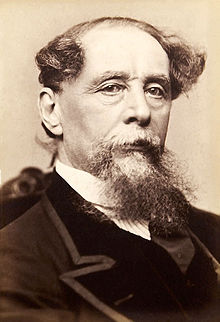
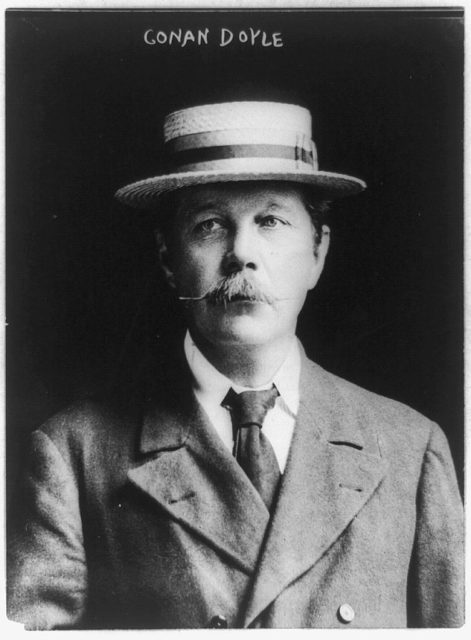
One of the first investigations conducted by the club was of the Davenport Brothers. Members of the club observed and studied the Davenports’ “spirit cabinet” and even though the reports of that investigation were never revealed, the brothers’ “supernatural powers” were challenged and questioned. Regardless of the report, the brothers’ hoax was soon exposed.
Besides investigations, the group gathered for discussions on the topic of Spiritualism and mediums. But after the death of Dickens in 1870, the club ceased to exist.
It was re-established twelve years later, on All Saints Day in 1882, by the medium Stainton Moses and Alfred Alaric Watts who refused to acknowledge the previous existence of the club and claimed to be its original founders.
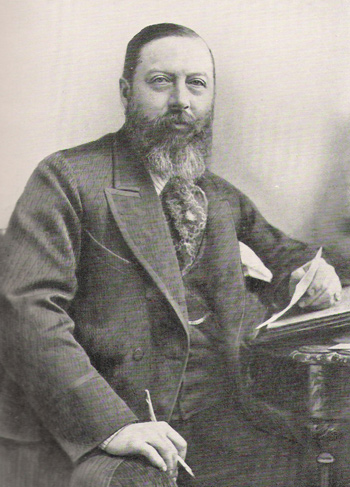
That same year, the Society for Psychical Research (SPR) was established. Unlike the members of the Ghost Club, who preferred secrecy and were mostly spiritualists and believers in spiritual phenomena, the SPR was an organization of scientists and skeptics whose aim was to find logical explanations and expose frauds.
The Ghost Club was a small one, with barely 82 members over a period of 54 years and a place where women were not allowed. Even though it wasn’t scientifically oriented like the SPR, member of the Ghost Club were some of the most famous scientists and intellectuals of that time such as Sir William Crookes, Sir Oliver Lodge, Nandor Fodor, and Sir Arthur Conan Doyle.
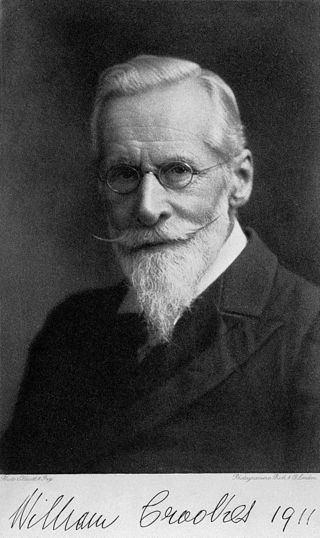
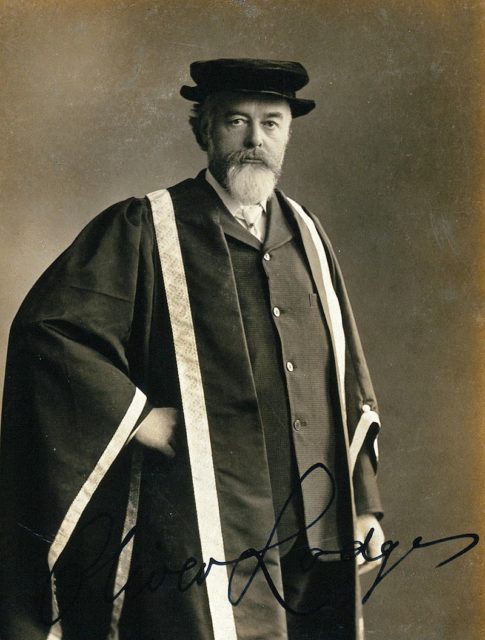
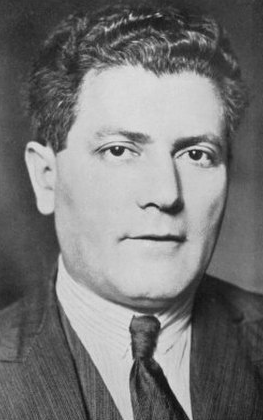
According to the documents in the Club’s archives, there was a tradition for all members, living or dead, to be recognized as members each year on November 2nd. It was believed that the deceased were making their presence felt.
During the 20th century, the Ghost Club took its investigations from the seance rooms to a laboratory-based research. It also had new members among who the poet W.B. Yeats and the author Harry Price who investigated the Borley Rectory in Essex, known as “the most haunted house in England”. He lived in the rectory from May 1937 to May 1938 and in 1940 he published a book about his investigation and experience.
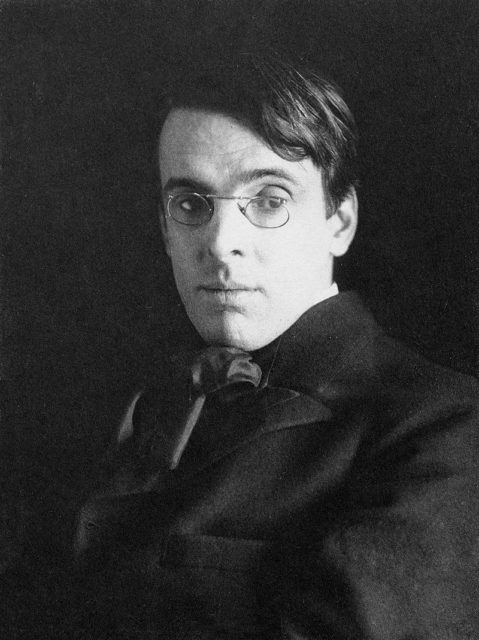
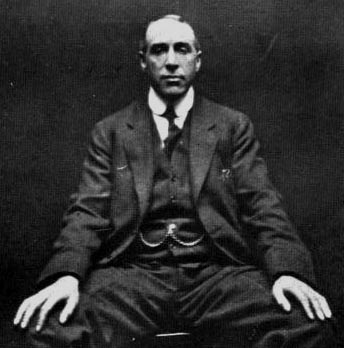
By 1936 the attendance in the Club declined and it was dissolved again. Only this time, all the Club’s works and documents were given to the British Museum with a clause that nothing would be opened until 1962 out of respect for confidentiality.
But only after 18 months, Price relaunched the Ghost Club once again, but instead of working an organization for investigation, now the idea was that members would gather at dinners with mediums and discuss paranormal activities. This time women were permmitted to join the club. Members in this period included Dr. C.E.M. Joad, Sir Julian Huxley, Algernon Blackwood, Sir Osbert Sitwell, and Lord Amwell.
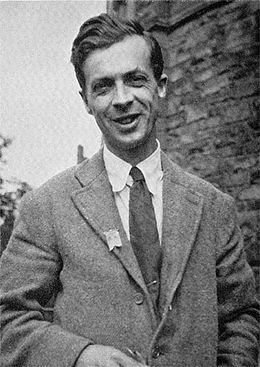
After Price’s death in 1948, the club was chaired by Philip Paul and Peter Underwood. In 1967, Tom Perrott joined the Ghost Club and served as a Chairman from 1971 to 1993 when the club was abandoned by Underwood who left to become a Life President of “The Ghost Club Society”.
However, the club remained and included topics such as UFOs, dowsing, cryptozoology, and similar. After Perrott resigned as a Chairman he was succeeded by the barrister Alan Murdie. In 2005, Kathy Gearing became the first female chairman of the Ghost Club. The members have a monthly meeting at the Victory Services Club near Marble Arch, in London and recently have led investigations in Scotland.
